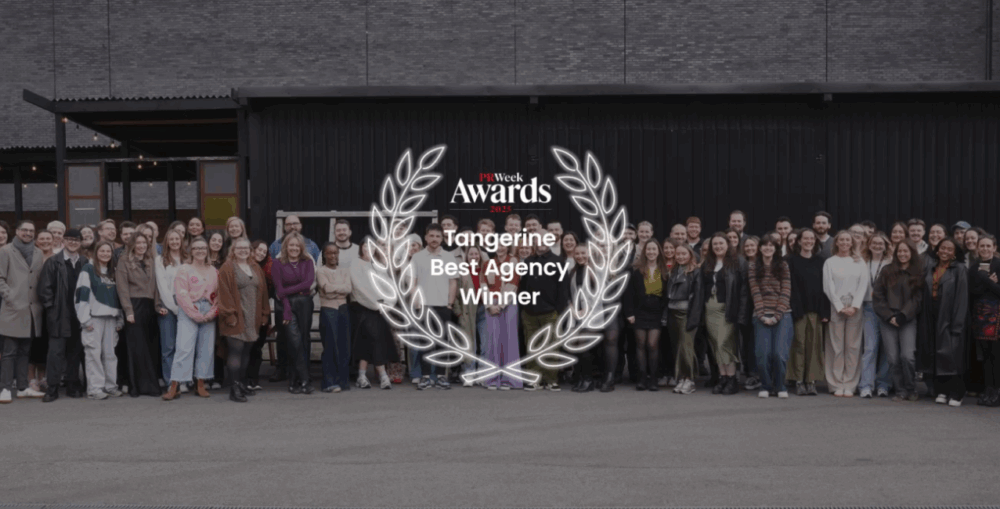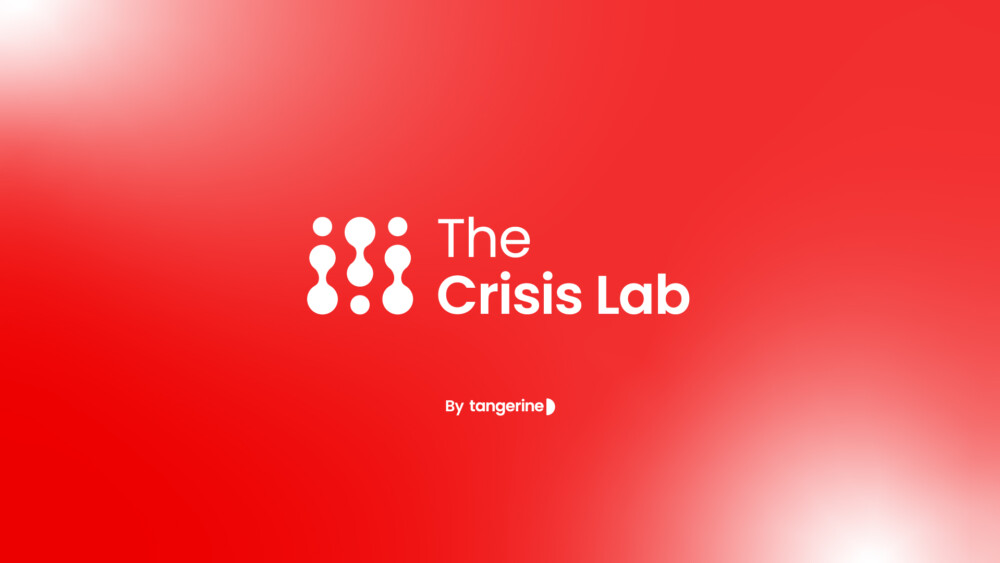Strategy has always been the heartbeat of corporate PR
The recent Financial Times feature on ‘London city PR firms’ “pivoting” to strategic consultancy has sparked plenty of industry commentary. But while the headlines point to a shift, the article arguably reveals something more familiar: a narrow view of the industry catching up with what many teams have been doing for years.
Yes, the IPO drought has changed the dynamic in financial PR. And yes, firms that once focused tightly on dealmaking are broadening out. But the notion that offering serious, board-level communications advice is somehow new feels disconnected from the reality experienced by many practitioners across the UK.
Strategic counsel, stakeholder insight, reputation management, crisis preparedness – these aren’t new service lines. They’re what good corporate PR has always been about when done properly.
Crisis communications is one example. The piece suggests this is a recent evolution, but for many agencies, it’s not a new focus; it’s a core discipline. Corporate communications teams need to be embedded early, understand the dynamics, and have the confidence to help leadership teams make difficult calls. That’s not a trend, that’s experience.
Likewise, the references to artificial intelligence and the adoption of new tools may reflect what’s happening in some corners of the market, but they overlook the work many firms have already done to integrate this thinking. The questions around how content is interpreted, surfaced, and valued by search and AI systems are well established in many comms strategies, not as experimentation, but as part of how we measure impact and build presence.
What the FT article surfaces, perhaps unintentionally, is something more revealing. It’s not that the industry is changing direction; it’s that certain parts of it are catching up. The assumption that the world begins and ends in EC2 overlooks the range of leadership, innovation, and strategic work that has been delivered elsewhere for years.
That doesn’t mean the article wasn’t welcome. It’s good to see communications being covered seriously, and the shift away from tired stereotypes about lunches and press lists is long overdue. But we should be careful not to confuse a change in one corner of the market with a redefinition of the profession.
If strategic corporate communications is now being valued properly by more boardrooms, that’s a good thing. But let’s not make the mistake of looking backwards to describe the future.
Attention Please!
-
2025-12-12
 B2BEventsTangerine
B2BEventsTangerineTangerine celebrates Manchester’s leading tech innovators
-
2025-10-31
 B2BEventsTangerine
B2BEventsTangerineTangerine creates a platform for the next wave of tech innovators
-
2025-10-24
 AwardsTangerine
AwardsTangerineTangerine takes home FIVE more awards
-
2025-10-20
 B2BCorporate
B2BCorporateWhy the internet breaking needs to be in your crisis preparedness plan
-
2025-10-16
 AwardsTangerine
AwardsTangerineTangerine wins Best Agency Outside London at PRWeek Awards 2025
-
2025-10-10
 B2BCorporateEventsTangerine
B2BCorporateEventsTangerineForget the conference podium. Politics is now a performance.
-
2025-10-06
 ConsumerCreativeIntelTangerine
ConsumerCreativeIntelTangerineNew campaign from TENA Women takes action to keep 4.2 million women in sport
-
2025-09-18
 B2BCorporateTangerine
B2BCorporateTangerineCrisis Preparedness in 2025: Managing Client Reputation
-
2025-09-09
 B2BCorporateTangerine
B2BCorporateTangerineStrategy has always been the heartbeat of corporate PR
-
2025-09-04
 B2BCorporateTangerine
B2BCorporateTangerine5 Tips for Working with Construction Influencers
-
2025-08-05
 B2BCorporateTangerine
B2BCorporateTangerineTangerine grows B2B and Corporate offer with new tech and real estate team
-
2025-07-25
 Tangerine
TangerineInstagram is testing unlockable reels – what brands need to know
-
2025-07-24
 AwardsTangerine
AwardsTangerineBest Worst Team scores double at the Creative Moment Awards
-
2025-07-24
 AwardsTangerine
AwardsTangerineThree shortlist spots for Tangerine at the PRWeek Awards
-
2025-07-24
 AwardsTangerine
AwardsTangerineA hat-trick at the Marketing Week Awards
-
2025-07-09
 AwardsTangerine
AwardsTangerineTangerine Launches ‘The Boredom Board’ with New Client The Works
-
2025-07-07
 AwardsTangerine
AwardsTangerineWhy brand and talent alignment really matters
-
2025-07-07
 Tangerine
TangerineFrom Picture Frames to PR: Why Career Changers Are the Secret Weapon Agencies Didn’t Know They Needed!
-
2025-07-01
 Tangerine
TangerineTangerine’s £1.2M AI investment sets new standard for brand attention
-
2025-05-22
 Tangerine
TangerineDEI is dead, long live DEI? How communications can keep doing the right thing
-
2025-05-16
 B2BTangerine
B2BTangerineHow PR & Comms Can Support the Future of the Construction Industry
-
2025-05-06
 Tangerine
TangerineWhy cyber attacks need to be a core pillar of your crisis comms strategy
-
2025-05-06
 CorporateTangerine
CorporateTangerineIntroducing The Crisis Lab
-
2025-04-25
 ConsumerTangerine
ConsumerTangerineTangerine Communications partners with Horlicks for exciting 2025 campaign
-
2025-02-20
 AwardsTangerine
AwardsTangerineAwards, ambitions, and what’s next
-
2025-02-10
 Tangerine
TangerineNational Apprenticeship Week
-
2025-01-08
 Intel
IntelWhat the shift to community-driven content moderation on Meta means for brands in the US
-
2024-12-03
 Awards
AwardsChange is the only constant
-
2024-11-04
 B2B
B2BHow Labour are framing the Autumn Budget through strategic comms
-
2024-08-08
 B2B
B2BForget silly season. It’s time to capture attention.
-
2024-07-29
 Awards
AwardsTangerine Communications receives a double win at the UK Content Awards
-
2024-07-11
 Intel
IntelMAD//FEST debrief: learnings for PR and social
-
2024-06-26
 Intel
IntelKey takeaways from Cannes
-
2024-06-18
 Consumer
ConsumerWorking with influencers in 2024: act fast, be lucky, trust your gut
-
2024-05-01
 Intel
IntelWhy gaming is the next big opportunity for brands: key takeaways from Campaign’s Gaming Summit
-
2024-03-28
 Creative
CreativeThe future of branded video content? Let your brand take a backseat.
-
2024-03-21
 Intel
IntelThreads is finally adding a ‘Trending Now’ section for all U.S. users
-
2024-03-20
 Tangerine
TangerineThree simple ways to make content more accessible for neurodivergent audiences
-
2024-03-14
 Intel
IntelThe Attention Revolution: How to Break the Rules and Win in Social Media Marketing
-
2024-03-14
 Intel
IntelIs the US Banning TikTok and could the UK be Next?
-
2024-03-07
 Intel
IntelElon Musk says X (Twitter) will hide Likes an Repost Metrics from Timeline
-
2024-02-02
 Intel
IntelUniversal Music’s Standoff with TikTok: Implications for Marketers an Artists
-
2024-01-31
 Creative
CreativeFive Inclusive Marketing Tips You’ll Not Want to Miss in 2024
-
2024-01-15
 Intel
IntelThe Cookies Crumbles, but Delicious Opportunities Arise: Your Social Media Strategy in a Post-Cookie World.
-
2023-12-19
 B2B
B2BHow to Make it Count at B2B Events
-
2023-05-25
 Creative
CreativeFilming Content on Another Continent
-
2023-03-29
 Creative
Creative8 Unmissable Reactive Moments in 2023















































